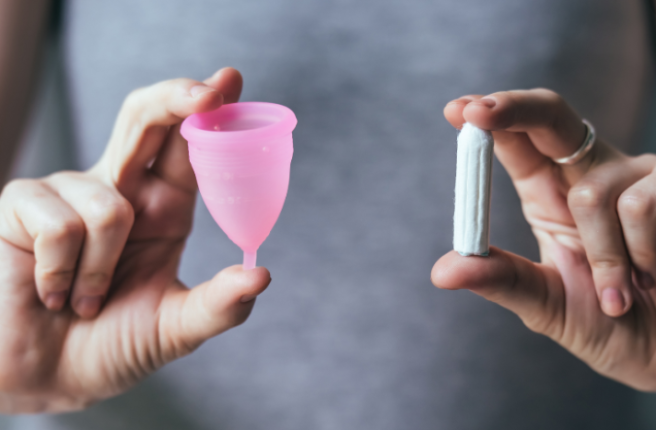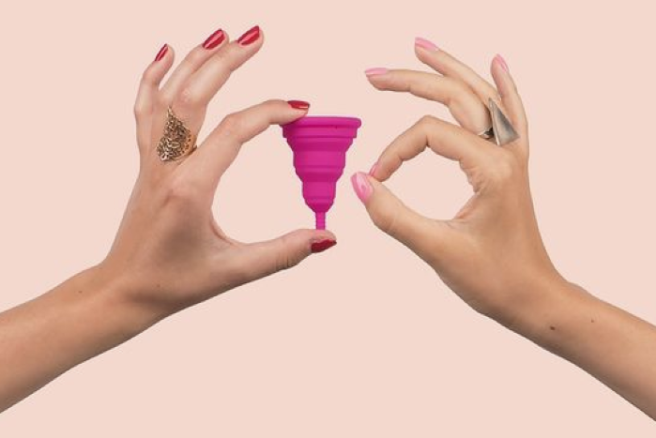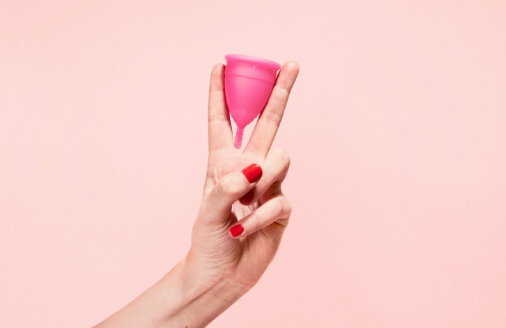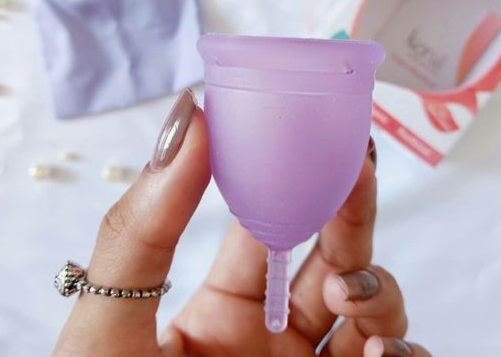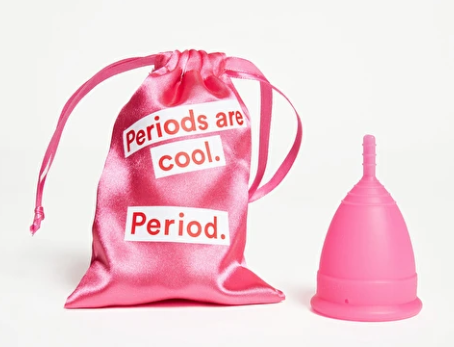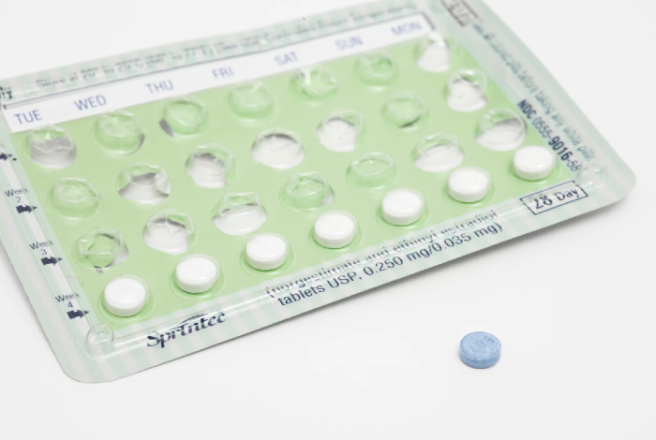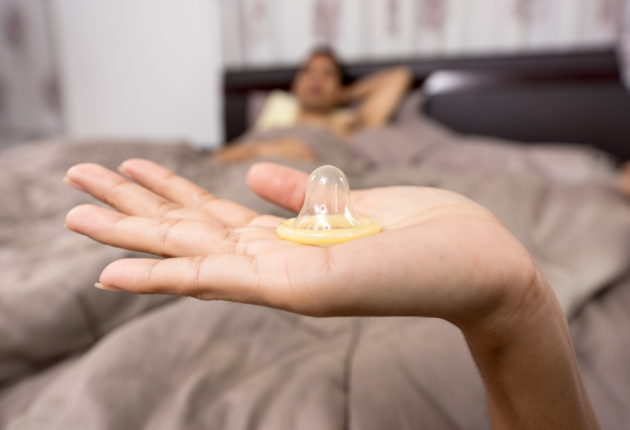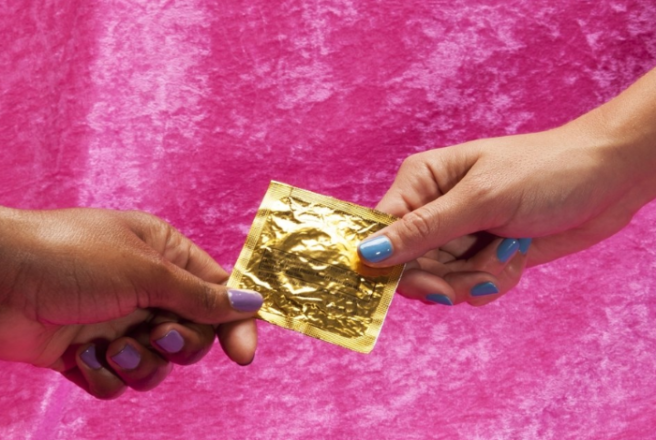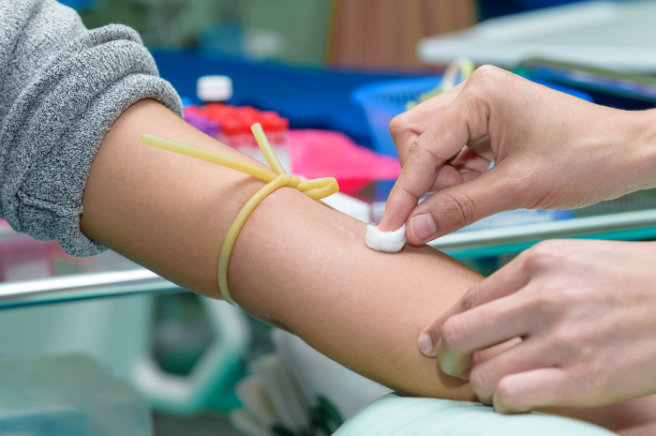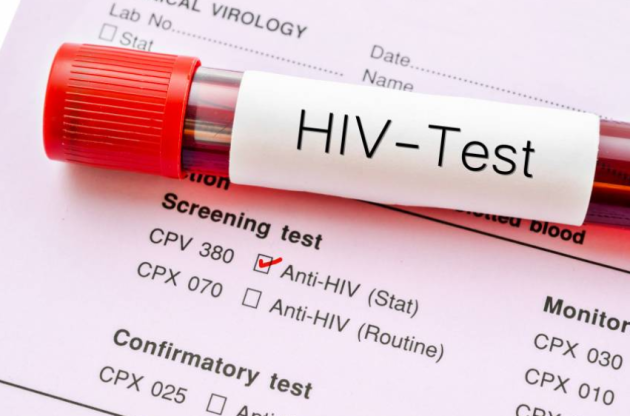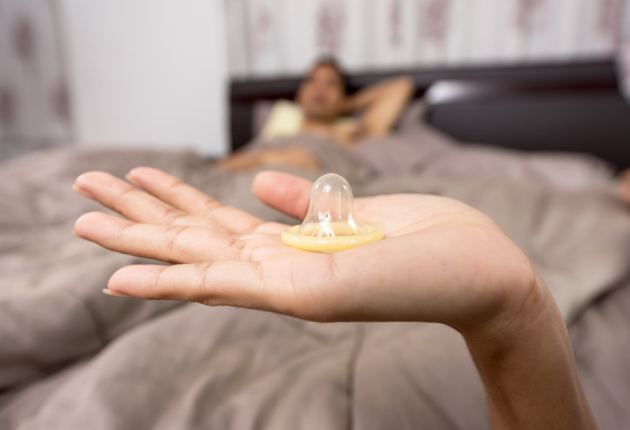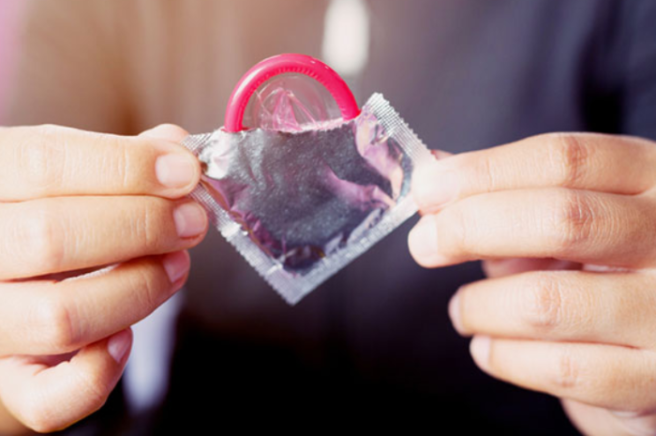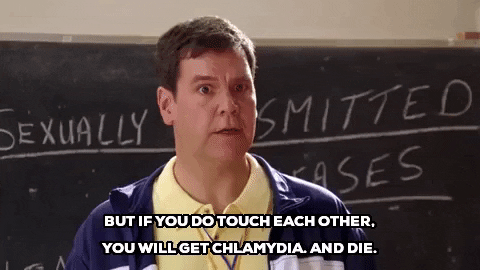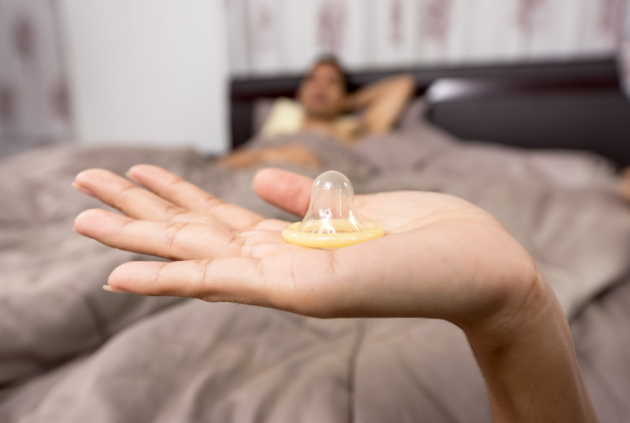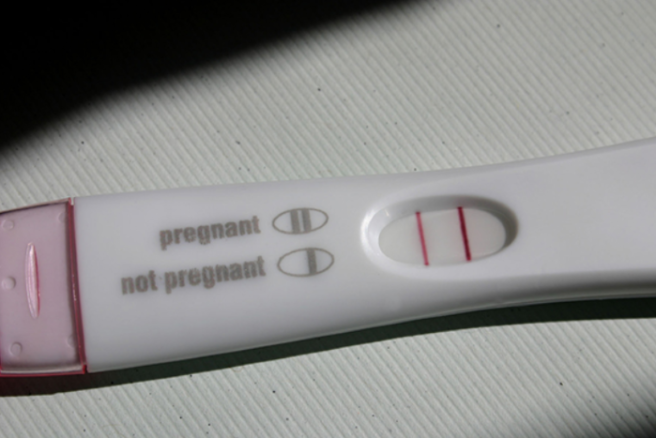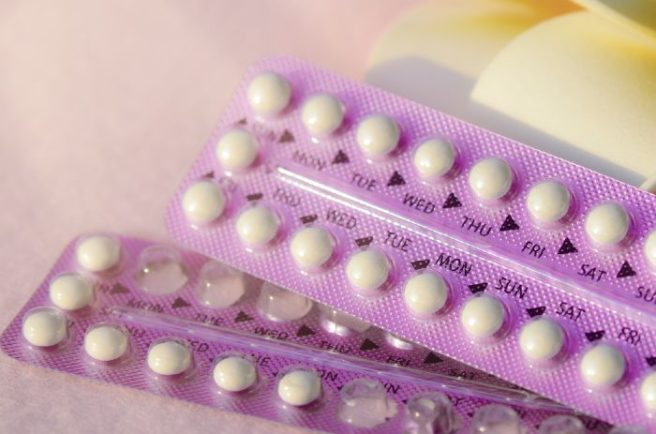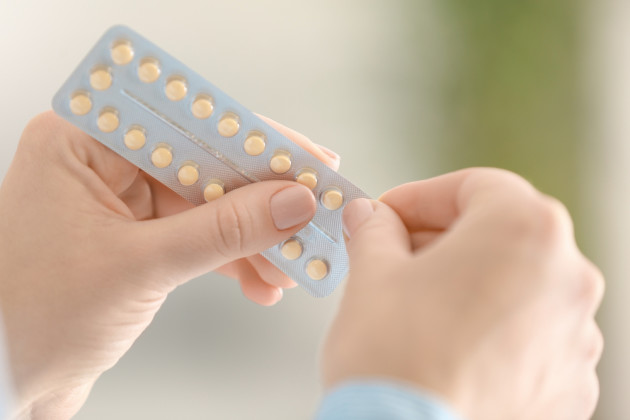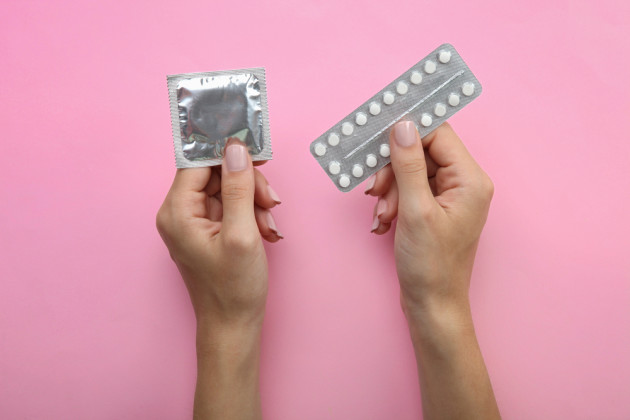
7 things all women should know about their personal sexual health
When it comes to sexual/ reproductive health issues, the more information you can provide your doctor with, the better.
Sure, nobody wants to delve into their sexual history or describe the ins and outs of their heavy flow to a complete stranger, but it's got to be done and luckily, there are a few steps you can take to ensure the process goes as smoothly as possible.
According to Dr Sara Kayat from netdoctor.co.uk, there are seven things every woman needs to know about their sexual health.
Know your cycle
How long does your period last? Is it regular? How much do you bleed? What about spotting?
If you ever talk to a GP about changes in your menstrual cycle, you better be prepared to answer all of the above and more.

Contraceptives aren't always plain sailing
The pill is not one-size-fits-all, in fact, it can take some women years to find the method of contraception that suits them.
Be sure to monitor any undesired side-effects, such as mood swings or headaches so that your GP can advise you on the best alternative.
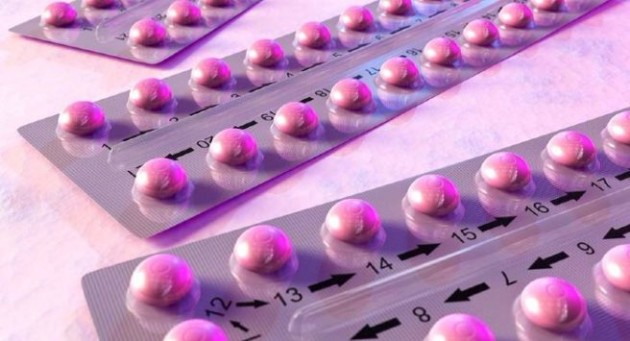
Delayed periods can be normal
It can take several months for your periods to return to normal after stopping contraception.
According to Dr Sara, it will take most women between one and three months to start producing enough hormones to get back to their normal rhythm.
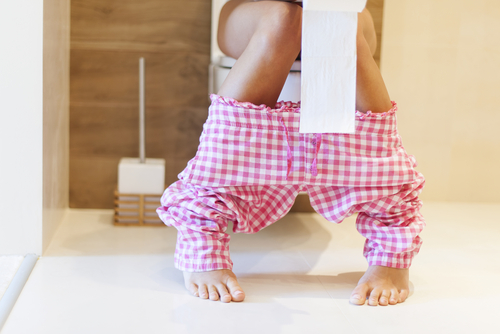
Be honest about your sexual history
There is no room for white lies when it comes to the diagnosis of sexually transmitted infections.
Not only is transparency vital in order to assess the potential risk of infection, but it will also help clear the problem up as soon and possible, meaning the risk of passing it on to a sexual partner will be greatly reduced.

Red flags shouldn't be ignored
Dr Sara explains how there are certain symptoms or reproductive health issues that should be closely monitored.
These include bleeding in between periods, bleeding after sex, deep pain on having sex, unexpected weight loss, unexplained change in discharge, and pelvic pain.

Listen to your biological clock
Sure, if you're under the age of 35 you probably haven't given much thought to the fact that you are only born with a certain amount of eggs.
However, it if you do happen to be struggling to get pregnant after a year of trying, Dr Sara recommends visiting your doctor to investigate further.
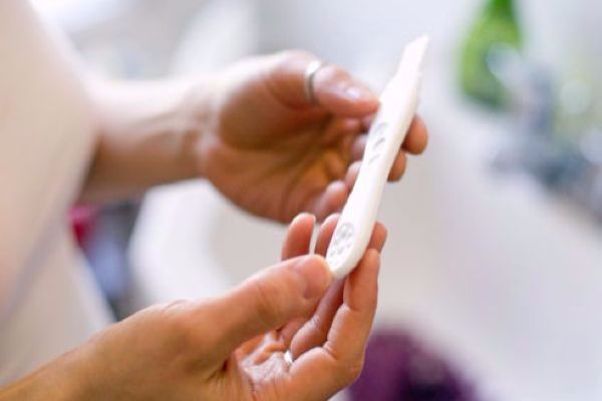
Get to know your vagina
A change in the smell or texture of discharge could indicate the presence of thrush or bacterial vaginosis.
While there are many over the counter remedies for conditions like these, there's no harm in consulting a doctor if the problem persists.










